Cannes Film Festival is celebrated not just for its high-calibre auteur curation, but increasingly for audience impact. Screen assesses the worldwide box-office success of titles from the last two Competition lineups.
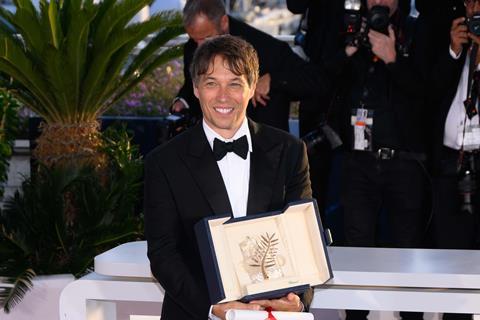
For decades, Cannes Film Festival’s Competition and Out of Competition sections were viewed by the industry as representing two distinct strands in filmmaking. In one corner: an elite cohort of world-class films from signature directors, chosen to compete for the Palme d’Or; in the other, a platform for more commercially ambitious films that broadened the relevance of the festival to a global audience, and wooed more bold-faced names to the red carpet.
That is a simplification, but the commercial potential of films in Competition has never been a consideration for juries, as is evidenced by Palme d’Or wins for the likes of Apichatpong Weerasethakul’s defiantly arthouse drama Uncle Boonmee Who Can Recall His Past Lives (2010), Nuri Bilge Ceylan’s three-hours-plus Winter Sleep (2014) and Theo Angelopoulos’s Eternity And A Day (1998), plus two Palmes to date for Belgian social realists the Dardenne brothers with Rosetta (1999) and The Child (2005).
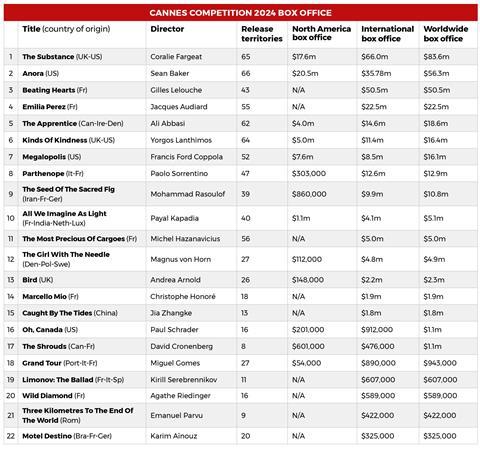
Yes, there have always been films with commercial potential playing in Cannes Competition, and Palme d’Or-winning box-office hits over the years include Pulp Fiction (1994), Fahrenheit 9/11 (2004) and Parasite (2019). Still, following a Palme d’Or win for Ruben Östlund’s Triangle Of Sadness (a robust $32.8m global box office) in 2022, the number of commercial winners peppering the Competition over the past two years has been especially notable.
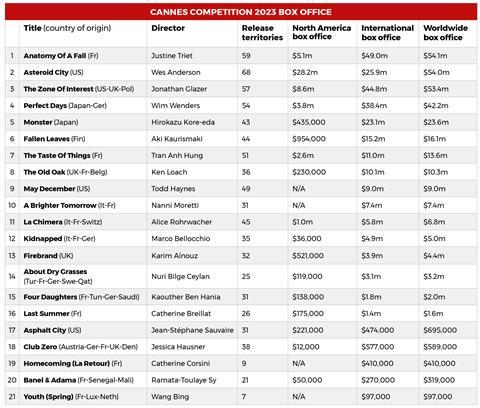
No fewer than seven titles from the 2023 and 2024 Competition line-ups achieved at least $40m global box office, led by last year’s The Substance ($83.6m), and including the two editions’ Palme d’Or winners Anatomy Of A Fall ($54.1m) and Anora ($56.3m). The others are Wes Anderson’s Asteroid City ($54.0m), Jonathan Glazer’s The Zone Of Interest ($53.4m), Wim Wenders’ Perfect Days ($42.2m) and one film that was a big box-office hit in home market France only, Gilles Lellouche’s Beating Hearts ($50.5m).
It is no wonder Cannes president Iris Knobloch at the 2025 festival press launch had this to say about the films selected for the lineup: “As we say at the Cannes Film Festival, we fly them to the moon… then back to earth so they can light up cinemas.” Added delegate general Thierry Frémaux at the launch event, “Cannes is also a market. We have to launch a movie, and we want to give it the best opportunity possible.”
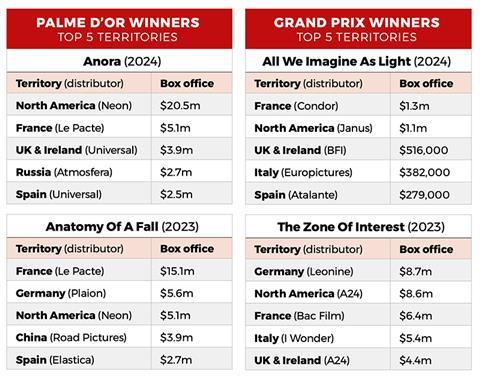
It is clear that Cannes is now measuring itself in terms of audience impact, and not just on the artistic merits of the films chosen for official selection. As Frémaux himself noted, with reference to one film in particular, “What happened to The Substance was incredible. It demonstrates the power of Cannes. We know we have some power and we give this power to each artist. It’s not just about the art, it’s about how it’s received, which is more important than ever before.”
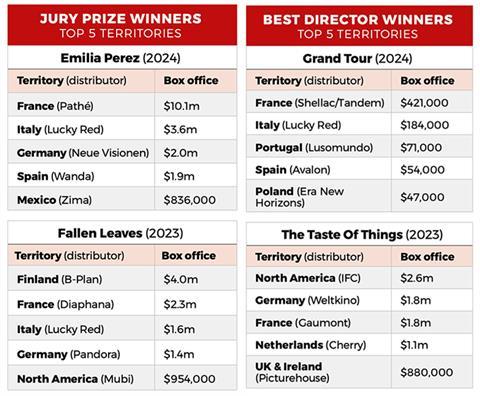
Key to that audience impact is also Cannes’ growing status as a launch platform for titles that can be successfully positioned for the attention of film awards voters. From the past two Competitions, five films — Anatomy Of A Fall, The Zone Of Interest, Anora, The Substance and Emilia Pérez — went on to achieve best picture Oscar nominations, with Anora winning the Academy Awards’ top prize. Also from the past two Cannes Competitions, The Apprentice was Oscar-nominated for both leading and supporting actor, while The Seed Of The Sacred Fig, The Girl With The Needle, May December, Perfect Days and Four Daughters each achieved a single nomination.
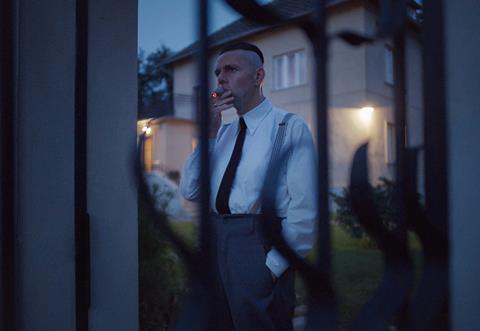
In contrast to, say, 2016, when the Competition yielded no best picture Oscar nominees, and the biggest-grossing title in the selection was Park Chan-wook’s The Handmaiden ($37.8m worldwide), the past couple of years have witnessed a confluence of films earning high critic scores and prizes at Cannes before going on to earn major kudos in awards season, plus box-office success. In Screen’s own Competition Critics’ Grid, the top-rated films of 2024 were The Seed Of The Sacred Fig ($10.8m worldwide box office), All We Imagine As Light ($5.1m) and Anora; and those of 2023 were Fallen Leaves ($16.1m), May December ($9.0m, not counting Netflix markets) and Anatomy Of A Fall.
“Was I able one year ago to guess the destiny of Anora, Emilia Pérez or The Substance?” ponders Frémaux. “No. You never know.” However, “what I’m really happy about is the link between Cannes in May and the Academy Awards in March. You can arrive in Cannes in May and be still alive in March almost one year later.”
Stars are aligned
For London-based sales agency Rocket Science, Competition was the right platform to present to audiences both Todd Haynes’ May December in 2023 and Ali Abbasi’s The Apprentice in 2024. Both had heavily pre-sold to international territories, but lacked North American distribution coming into Cannes.
“You have two auteurs who have both had huge success at the festival in the past, and the timeline of May — secure US distribution in order to release in the autumn — is attractive for a film that is an awards-worthy prospect,” says Rocket Science executive Jonathan Lynch-Staunton. “Sometimes, there is this argument, ‘If you go to Cannes, then you have to relaunch a film in a fall festival.’ I think that’s just said when a film doesn’t take off.”
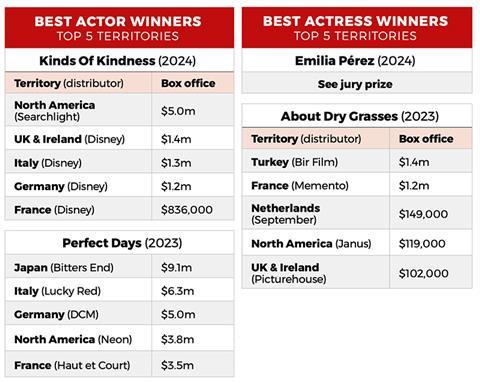
Netflix acquired North America for May December at Cannes in 2023 for $11m, going on to launch an awards campaign that yielded an Academy Award nomination for screenwriters Samy Burch and Alex Mechanik, plus multiple nominations at the Golden Globes, Independent Spirits and Gotham Awards. Tom Ortenberg’s Briarcliff Entertainment acquired US distribution for The Apprentice following Cannes 2024, in a deal confirmed in August.
Cologne-headquartered production and sales company The Match Factory has been a weighty presence at the past two Competitions, presenting four films in each edition, including notable successes The Substance, The Girl With The Needle, Perfect Days, La Chimera and Fallen Leaves.
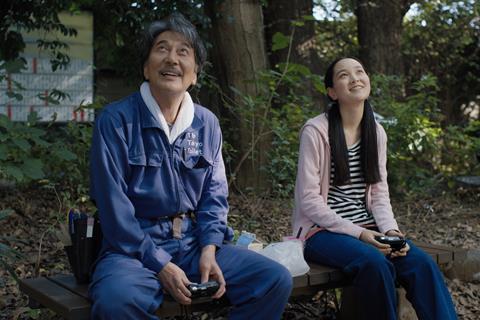
For The Match Factory VP of acquisitions and sales Thania Dimitrakopoulou, Cannes offers many upsides, including the fact “the trades will cover the expenses for a journalist to stay from the beginning until the end, so more films have more possibilities of getting covered by the press. We are in the middle of the year when the acquisitions executives for every distributor are on their pick, and a lot of these titles are having a long run, going all the way to the awards season.”
The Match Factory works with films in different ways. The company came on board The Substance very close to the festival, after Mubi — which bought The Match Factory in 2022 — took on rights to Coralie Fargeat’s film, keeping it for its own distribution territories and selling elsewhere. Conversely, with Magnus von Horn’s The Girl With The Needle, “It was the first time we would work with him, but we got attached to the project almost two years before Cannes,” explains Dimitrakopoulou. “Every project that was in Cannes last year, we got attached to them in different timelines and with different capacities.”
While the international profile awarded a film by a Cannes launch is a big plus, there are also risks, acknowledges Lynch-Staunton, chief among them being, “You might get slaughtered by the critics.” And if you take a film to Cannes that has not been widely pre-sold, and the critics turn against it, “You’re dead in the water.”
Lynch-Staunton formerly worked at Jeremy Thomas’s HanWay Films. “Jeremy used to say, ‘You live by the sword, you die by the sword.’ [Cannes] is that high-wire act, and if you fall off, you have a very hard time to recover from it.”
Dimitrakopoulou agrees that Cannes critics may be hard to impress: “All eyes are on Competition, and the expectations are high.” However, she cautions, “We need to bear in mind the trades that are covering the films at the markets are international trades. What we read [at festivals] mostly is the international press, which sometimes is an indicator of what is going to come out locally, but not necessarily something that can absolutely damage the film.”
Frémaux reckons the risks are overstated, with a remark that also compliments his own team’s curation: “For [the US studios], there is still a risk in coming to Cannes, whether it’s showing a film three months before its release or it getting a bad reception. This is happening less now because the selections are much better.”
Paris-headquartered mk2 Films, which represented Anatomy Of A Fall in 2023 and had two films in Competition last year — Christophe Honoré’s Marcello Mio and Jia Zhangke’s Caught By The Tides — is back this year with a company record of six films in Competition.
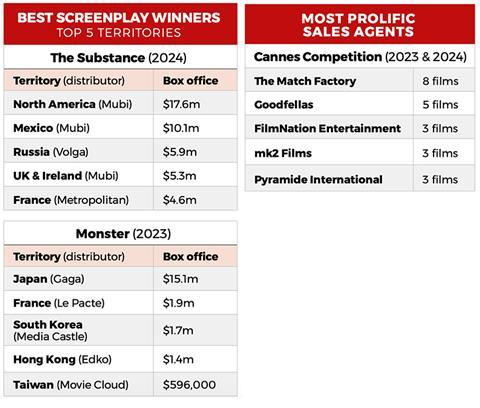
“Cannes has always been an extraordinary catalyst for mk2’s films, and even more so in recent years,” says the company’s head of acquisitions Emmanuel Pisarra, who references previous Cannes-launched titles for the company, such as Céline Sciamma’s Portrait Of A Lady On Fire, Joachim Trier’s The Worst Person In The World and Pawel Pawlikowski’s Cold War.
Pisarra points out the $54.1m global box-office haul of Anatomy Of A Fall reflects not only its performance in traditional markets, but also an accretion of sales into more than 60 territories — including emerging markets for European arthouse cinema such as Thailand and Vietnam. He also notes the film’s “exceptional run” in China, where it grossed $3.9m.
“This speaks to a broader, post-pandemic trend, where audiences are seeking distinctive, personal stories — but also new ways of telling them,” says Pisarra. “It’s not only about the story itself, but about the voice and perspective behind it.”
The shift is reflected in the post-pandemic rise of Letterboxd, with which mk2’s creative and media agency MK2+ signed a deal this year to become its exclusive advertising sales partner in France. Pisarra sees Letterboxd as a reflection of “a new generation of cinephiles and their relationship with cinema”.
The box-office outcomes, market by market, for the 43 films selected for the Cannes 2023 and 2024 competitions show a notable pattern. France proved the strongest market for 22 titles — slightly more than half — and came runner-up to a film’s principal local market (for example, Finland in the case of Fallen Leaves and North America for Anora and Megalopolis) for a further eight. North America was the top market for eight of the 43 films — all set in the US or Canada.

Mexico showed astonishing success with The Substance: $10.1m box office, more than double the $4.6m achieved by director Fargeat’s own country France. International markets (ie outside North America) delivered a healthy 64% of the box office for Anora, and in the case of The Apprentice, international territories proved even more powerful, with a 77% share.
While the 2023 and 2024 Competition titles showed collective box-office power, riches are — inevitably — spread unevenly. Almost a quarter (10) of the 43 films had failed to reach $1m worldwide box office at press time, according to Comscore data.
The UK and Ireland proved a top five box-office market for 18 of the 43 titles, scoring notably well with English-language fare. Perhaps more surprising to many will be the success of the Netherlands, which is a top-five market for 11 of the titles — none of which are in the Dutch language. The country has a population of 18.3 million, making it the 69th most populous nation in the world, and its $298m box office in 2024 placed it 15th in the global ranking.
“It’s a territory that is small in population but rich with cinemas,” says The Match Factory’s Dimitrakopoulou. “There are a lot of great distributors in the territory, and they know exactly how to launch their films. There is an audience that constantly discovers films, so the Netherlands has always been one of the very strong territories.”
Commercial potential
It remains to be discovered which of the titles announced for the Competition in 2025 chimes best with North American and international audiences, but once again the lineup offers strong commercial potential, include Wes Anderson’s The Phoenician Scheme and Ari Aster’s Eddington. Oliver Hermanus’s The History Of Sound and Richard Linklater’s French-language Nouvelle Vague could well chime with audiences, while Joachim Trier’s starry Sentimental Value will seek to build on the momentum of his 2021 Competition title The Worst Person In The World ($16.7m worldwide box office).
In 2023 and 2024, the competitions offered predictable box-office successes such as Asteroid City, but also plenty of unpredictable ones: Sean Baker setting a new high bar with Anora; Wim Wenders returning from the cold with Perfect Days; and Justine Triet breaking out of her hitherto commercially modest niche with Anatomy Of A Fall. While many rights are already assigned for key titles in the 2025 lineup, acquisitions executives will be jostling to find the next breakout success stories — and sales agents doing their level best to whip up FOMO to maximum pitch.















![[L-R]: Amanda Villavieja, Laia Casanovas, Yasmina Praderas](https://d1nslcd7m2225b.cloudfront.net/Pictures/274x183/6/4/1/1471641_pxl_20251224_103354743_618426_crop.jpg)








![[L-R]: Amanda Villavieja, Laia Casanovas, Yasmina Praderas](https://d1nslcd7m2225b.cloudfront.net/Pictures/100x67/6/4/1/1471641_pxl_20251224_103354743_618426_crop.jpg)
No comments yet